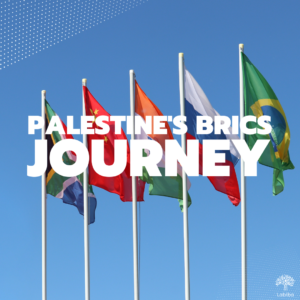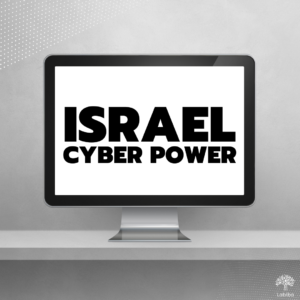by Lydia Alaiadi
What role can the European Union play in talks for a peaceful resolution between Israel and Palestine? The European Council, along with the Spanish and Irish Prime Ministers, urged member states to review their relations with Israel and recognize the Palestinian State.
Current Situation
The death toll continues to rise, with countries such as the US and Germany continuing to supply Israel with military aid. Discussions for a resolution and a two-state solution remain stalled, as they have been since the conflict’s inception. However, despite the UN’s advice being ignored by Israel’s allies, the European Union (EU) could play a key role in easing tensions between the Israeli government and the Palestinian Authority. An increasing number of EU countries are ready to recognize Palestinian statehood, which could pressure EU countries that support Israel to reconsider their diplomatic strategies.
EU Support for Recognizing Palestine
Ireland and Spain are currently spearheading the push for Palestinian statehood recognition. Among the 27 EU countries, Sweden, Czechia, Slovakia, Cyprus, Poland, Bulgaria, Romania, and Hungary already recognize Palestine as a state. Additionally, Belgium, Slovenia, Portugal, and Norway are in discussions with Spain and Ireland and appear receptive to recognizing Palestinian statehood, which would bolster legal Palestinian efforts. Australia is also contemplating this scenario. However, like every EU country, Australia emphasizes the importance of clarifying that it does not support Hamas.
In the best-case scenario, if the eight EU countries recognizing Palestinian statehood are joined by the six others, 14 out of 27 EU countries would take a stance, possibly straining diplomatic ties with Israel. Yet, this would still be insufficient for the EU to take a collective stance. Nonetheless, a united front from the EU could exert pressure on Israeli allies to reconsider their support for the Israeli government. The most significant change could come from the EU parliamentary elections in June or decisions by the European Council.
Ideally, Palestinian supporters hope that voters will consider the Gaza conflict when casting their votes in the June elections. While a European Parliament focused on the current conflict may sustain discussions, it doesn’t guarantee a resolution. In the European Council, President Charles Michel urges EU states to recognize the State of Palestine to “drive significant progress” in peaceful negotiations between Israel and Palestine.
Using the EU-Israel Agreement
Michel proposes leveraging the EU-Israel Association Agreement to pressure Israel into refraining from offensive/defensive tactics leading to the deaths of thousands of Palestinians, citing Article 2 of the Agreement, which emphasizes compliance with international humanitarian law.
Based on Article 2, Spanish Prime Minister Pedro Sánchez and Irish Prime Minister Leo Varadkar have urged the European Commission to review the agreement. They pointed out a recent UN General Assembly resolution where the International Court of Justice found that “some of Israel’s actions may fall within the Genocide Convention.” In their letter, Sánchez and Varadkar state, “The horrendous terrorist attacks committed by Hamas and other armed groups do not, and cannot, justify any breaches of international humanitarian law in the military response, with dire consequences for the civilian population of Gaza.” An Israeli offensive in Rafah could exacerbate the humanitarian crisis.
EU’s Responsibility and Challenges Ahead
The European Union, whether through the European Council, the European Parliament, or the European Commission, could present a united front to pressure Israel to respect international humanitarian law. Even if the EU fails to influence talks towards a two-state solution, halting the rising death toll is crucial. For the EU, having the capacity to be a major force for change in the region is both strategic and a responsibility under international law. The European Council could play a pivotal role in negotiations, but to garner broader support from member states, the voting trends in the EU elections could be instrumental in prompting countries to reconsider the EU-Israel Association Agreement and engage in talks regarding Palestinian statehood recognition.
While the EU has an interest in leading negotiations, bilateral agreements between individual member states and Israel pose significant obstacles. Nonetheless, history has shown a domino effect within the EU, which in this case could help avert a humanitarian catastrophe. The results of the EU elections will be crucial in supporting Sánchez and Varadkar’s efforts, alongside Michel, to reassess the EU’s relations with Israel. Michel acknowledges that the “joint EU call for a ceasefire” took too long, but believes there will be a “moment” when conditions are right for member states to formally recognize Palestinian statehood.“




